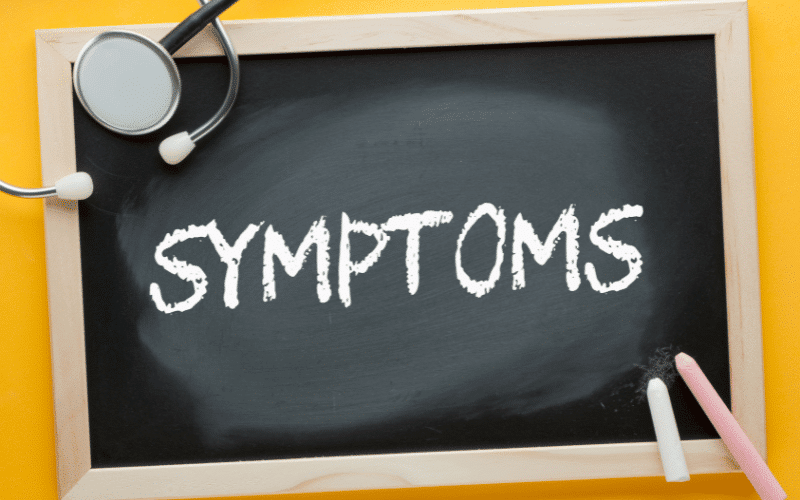8. Concussion Symptoms: A Masked Presentation

Recognizing a concussion might not always be straightforward. Symptoms can be elusive, and the onset might be delayed. Sometimes, concussion symptoms might not appear until days or even weeks after the injury.
The symptoms themselves are rather varied. They can range from physical symptoms like headaches, dizziness, and nausea to cognitive symptoms such as difficulty thinking, memory problems, and feeling mentally ‘foggy’. Emotional symptoms like irritability, sadness, and heightened emotions can also be part of the mix.
Furthermore, these symptoms can be easily overlooked or attributed to other causes. For instance, a headache might be dismissed as stress-related, or slight confusion could be attributed to fatigue. This makes the diagnosis of concussion a bit tricky.
The challenge here is to recognize these symptoms in the context of a potential concussion event. One has to connect the dots between a head injury event, however minor, and the onset of these symptoms.
It’s important to remember that if you’ve had a blow to the head and start experiencing any unusual symptoms, a concussion might be the culprit. It’s always better to be safe than sorry, and seek medical attention. (8)